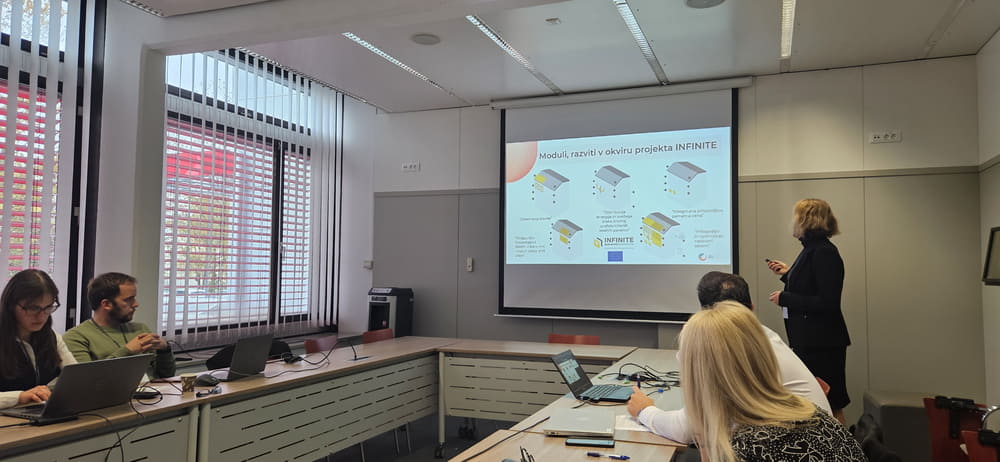New study on the potential of industrialised building renovation

Buildings use a lot of energy, produce greenhouse gases, and consume resources: renovating them is essential to reducing emissions. A study Tatjana Marn, Jure Vetršek, Rok Stropnik of Inovacijsko-razvojni inštitut Univerze v Ljubljani shows how choosing an industrialised approach for building renovation can help the European Union reach its goal of a low-carbon economy by 2050.
The study, presented at the 4th Conference on Energy Economics, focuses on older buildings, especially the 860,000 structures in Slovenia built before 1990, and highlights the need for fast, scalable solutions.
Prefabricated modular systems, like green building envelopes, smart windows, solar panels, and advanced controls, can simplify and speed up renovations. Pilot projects in Slovenia showed that using local materials and prefabrication methods can create jobs, lower costs, and reduce environmental impacts, such as carbon emissions.
This industrialized approach speeds up renovations, minimizes disruptions for residents, and tackles issues like labor shortages and limited resources. The study recommends financial incentives, better regulations, and life-cycle assessment tools to make this strategy more widespread.
These solutions not only align with EU climate goals but also help fight energy poverty, improve public health, and support a fair transition to a greener future.
RELATED NEWS
Retrofitted building in Ravne na Koroškem opens to the public
Success at the opening of the renovated building on the 5th November 2025
Renovation works advance in Slovenia
A look behind the scenes of the Slovenian demo
From the Slovenian woods to INFINITE
Insights on wooden facades prefabrication and application for the building renovation with Lesoteka and Stanovanjsko podjetje.